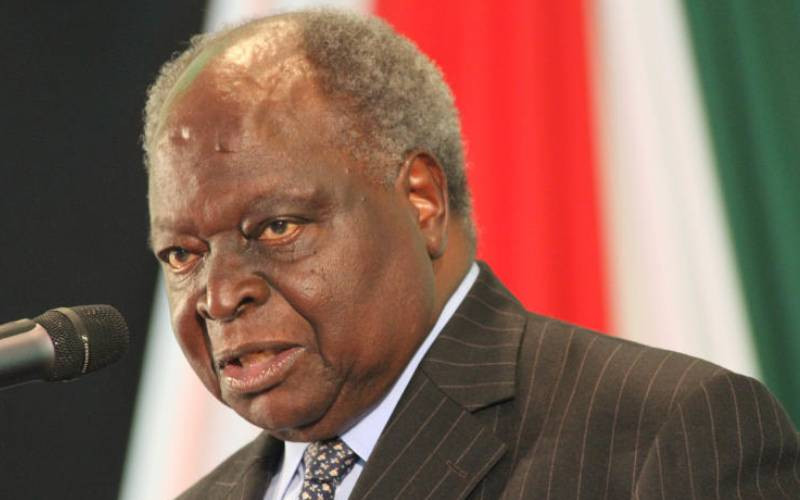×
The Standard e-Paper
Kenya’s Boldest Voice

Two days before Christmas in 2016, former President Emilio Mwai Kibaki penned his signature to a six-page document that sealed his wishes on how he wanted to pass his wealth to his generation.
With four strikes of a pen, Kenya's third president and an economist of repute mapped out how his earthly wealth will be increased by his children and his legacy name etched from one generation to another.